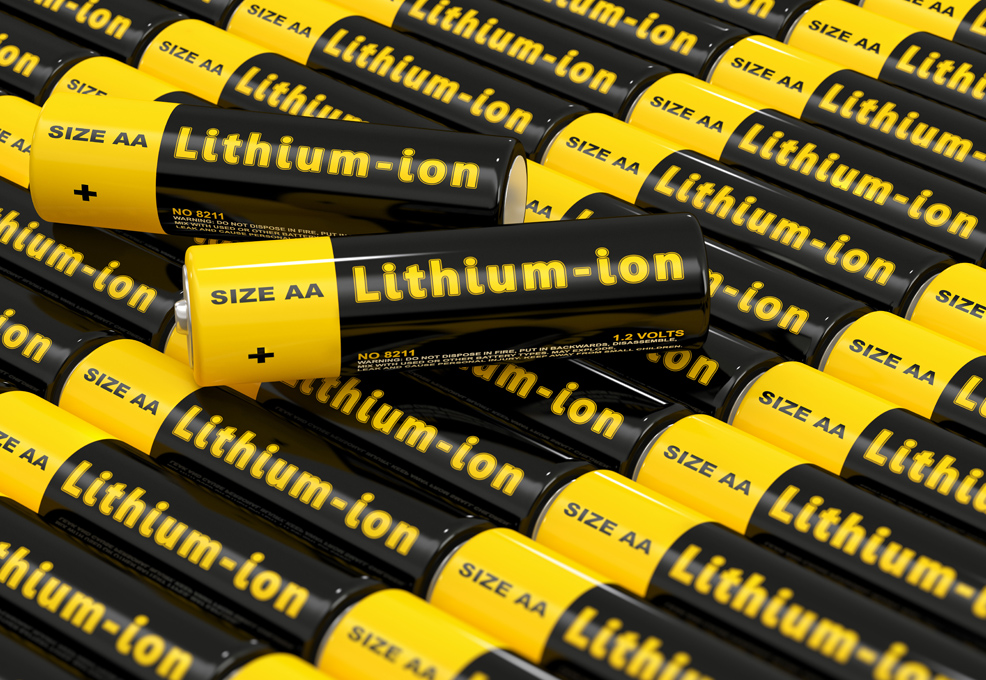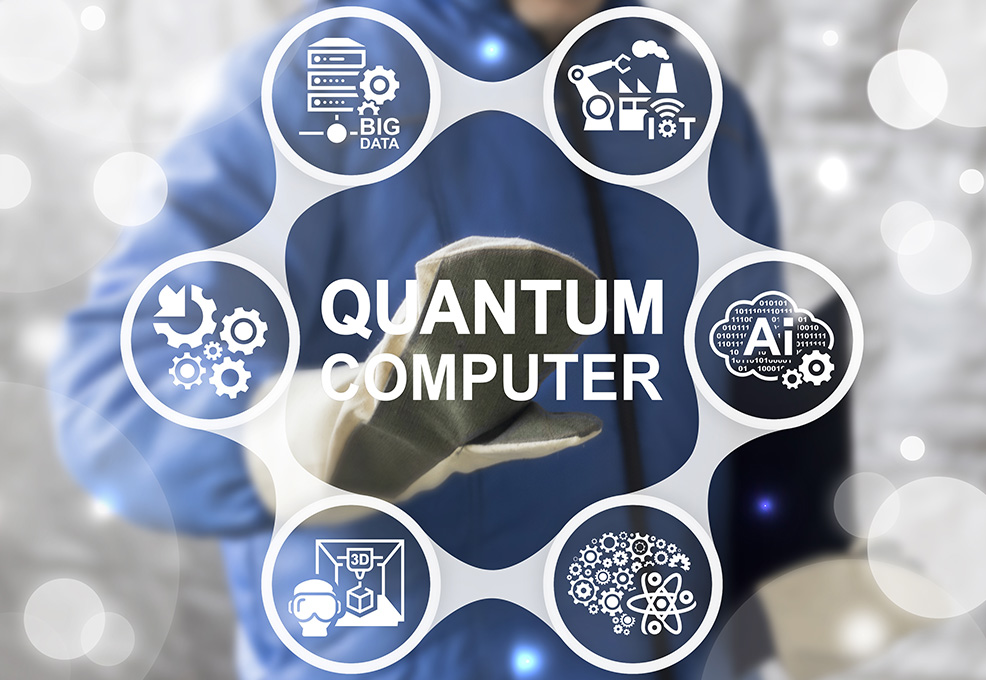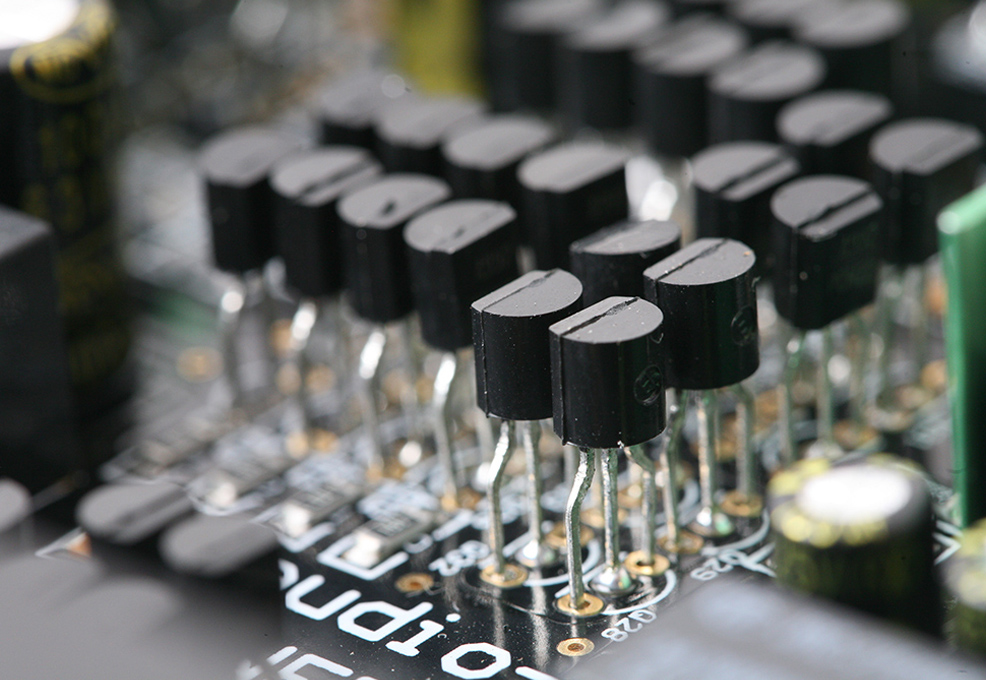Anode-free Lithium Batteries with Ultra-high Energy Density

Author(s)
Tsung-Yi HoBiography
Tsung-Yi Ho received his Ph.D. in Electrical Engineering from National Taiwan University in 2005. He is a Prof. at the Department of Computer Science of National Tsing Hua University (NTHU). His research interests include design automation and test for microfluidic biochips and neuromorphic computing systems.
Academy/University/Organization
National Tsing Hua UniversityEdited by
Office of AI International Research Program-
TAGS
-
Share this article
You are free to share this article under the Attribution 4.0 International license
- ENGINEERING & TECHNOLOGIES
- Text & Image
- January 22,2019
In order to promote the development of AI technologies and attract top AI professionals to work in Taiwan, the Ministry of Science and Technology (MOST) has initiated an AI innovation program. The primary objective of the program is to establish an eco-system in Taiwan so that professionals and start-ups can develop and share AI technologies more easily and smoothly. The AI innovation program has successfully launched four AI centers named MOST Joint Research Center for AI Technology and All Vista Healthcare (AINTU), AI for Intelligent Manufacturing Systems Research Center (AIMS), Pervasive AI Research (PAIR) Labs, and MOST AI Biomedical Research Center (AIBMRC) at National Taiwan University, National Tsing Hua University, National Chiao Tung University, and National Cheng Kung University, respectively. These four research centers have assembled 66 research teams including more than 500 professors, experts, and researchers. The MOST expects that the four AI centers can become the leaders in a number of key areas, such as smart agriculture, smart factories, AI biomedical research, and AI manufacturing.
The AI research program also intends to promote collaborations with leading companies such as Google, Microsoft Research, NVIDIA, Uber, etc. The MOST expects that cooperating with these companies will eventually stimulate the domestic companies to catch up with this trend, and encourage more people (including young talents) to devote themselves to this field.
.png)
In order to promote the development of AI technologies and attract top AI professionals to work in Taiwan, the Ministry of Science and Technology (MOST) has initiated an AI innovation program. The primary objective of the program is to establish an eco-system in Taiwan so that professionals and start-ups can develop and share AI technologies more easily and smoothly. The AI innovation program has successfully launched four AI centers named MOST Joint Research Center for AI Technology and All Vista Healthcare (AINTU), AI for Intelligent Manufacturing Systems Research Center (AIMS), Pervasive AI Research (PAIR) Labs, and MOST AI Biomedical Research Center (AIBMRC) at National Taiwan University, National Tsing Hua University, National Chiao Tung University, and National Cheng Kung University, respectively. These four research centers have assembled 66 research teams including more than 500 professors, experts, and researchers. The MOST expects that the four AI centers can become the leaders in a number of key areas, such as smart agriculture, smart factories, AI biomedical research, and AI manufacturing. There has already been a certain amount of research progress in the above-mentioned areas, including:
- AINTU Team
- “City Traffic Solution,” which applies AI to traffic flow analysis and sign optimization to shorten travel time.
- Computer-aided detection (CADe) system in Automated Breast.
- AIMS team
- 3D room layout and camera pose estimation from 2D images. This technology is based on estimating the 3D indoor geometric layout from a 2D image.
- A leg-wheel transformable mobile platform, which can adapt to various terrains, such as indoor, outdoor, natural and artificial environments, and is capable of agile and robust motion on multiple kinds of surfaces.
- PAIR team
- “Life-long Computer Go learning system,” the first-ever system that can identify players’ strengths. It has won more than 50 gold medals in previous Olympic computer game competitions.
- “ezLabel” features an automatic route prediction and fitting algorithm which is able to significantly reduce the time needed to manually label and ensure the quality of samples. It has gained the Audi Innovation Award.
- AIBMRC team: Successfully applied techniques in image processing to aquaculture, and real-time monitoring of the condition of fish.
.jpg)
The AINTU team cooperated with ELAN Microelectronics Corporation to propose "City Traffic Solution”------- Yahoo News
.png)
The AIMS team develops techniques that make the mobile platform unique to the international robotics area.-----YouTube


- UK (smart healthcare and smart cities)
- Germany (smart manufacturing, self-driving cars, and aerospace technology)
- France (AI core technological competence and AI regulation)
- Japan (robots, speech recognition, and FinTech)
- Singapore (Industry 4.0 and self-driving cars)
- Israel (biomedical application, smart agriculture, and information security)
- Canada (biomedical application, image processing, and natural language processing)
STAY CONNECTED. SUBSCRIBE TO OUR NEWSLETTER.
Add your information below to receive daily updates.




